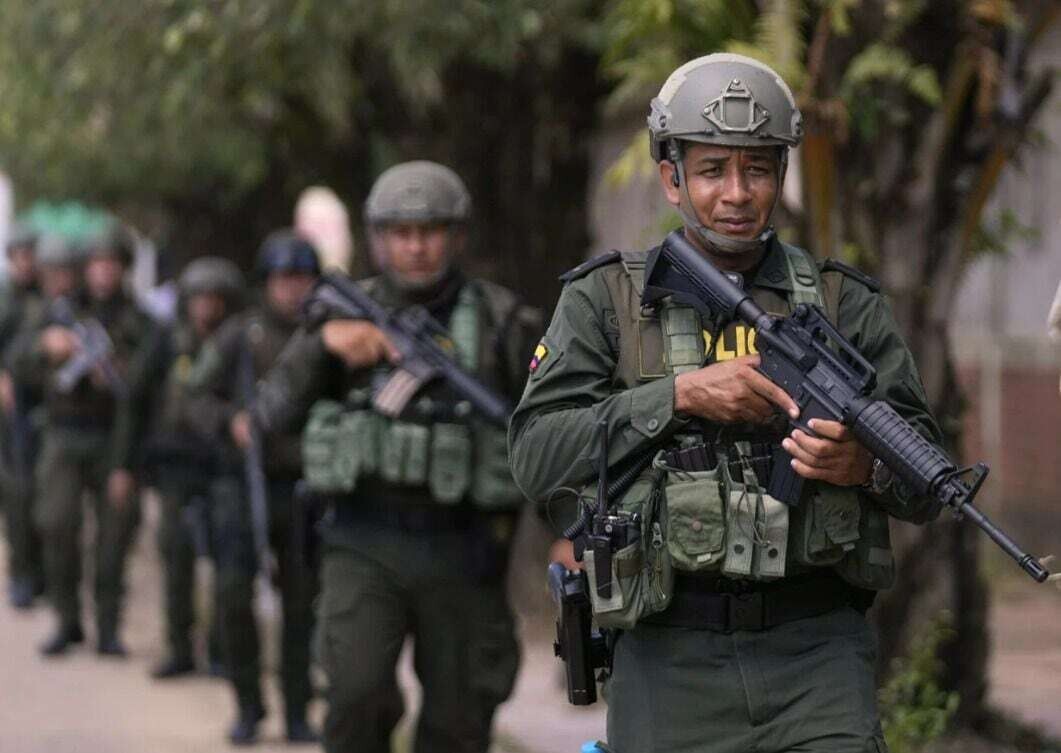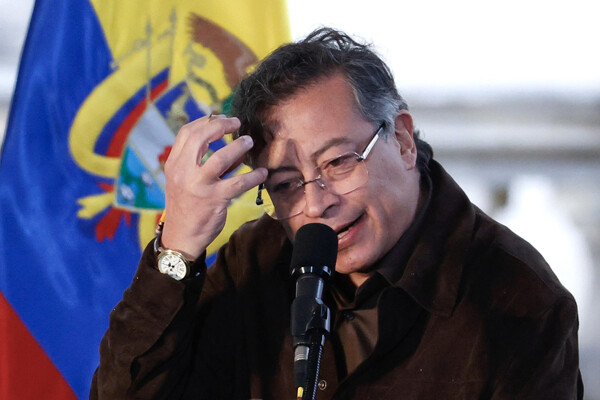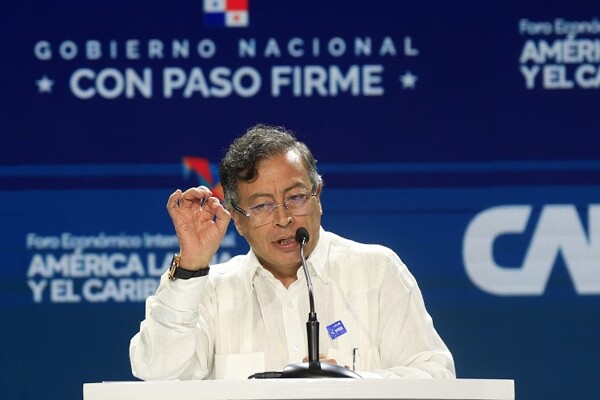
The president of Colombia, Gustavo Petro, has declared a "state of shock" in the northeast of the country to address the recent escalation of violence in a border area with Venezuela. This measure grants him extraordinary legislative powers and the ability to restrict certain rights to tackle the situation. In recent days, at least 80 deaths and 36,000 displacements have been reported in the region.
The state of shock, not applied in Colombia for over a decade, allows the president to implement measures to restore public order, such as restricting free movement or imposing curfews. This status will initially last for 90 days, with the possibility of being extended twice.
Violence in Catatumbo, a border area with Venezuela, has erupted due to clashes between the ELN and a dissidence of the FARC that did not adhere to the 2016 peace agreement. The state of internal shock will be limited to this specific region and will not extend to the rest of the country.
The government, in light of the escalating violence in the region, has suspended negotiations with the ELN and reactivated arrest warrants against high-ranking officials and spokespersons of the guerrilla. Under this measure, the government will be able to issue decrees with the force of law, temporarily impose tax contributions, modify the government budget, and restrict certain fundamental rights.
Interior Minister Juan Fernando Cristo has stated that the aim of the declaration is to assist communities affected by violence, especially the displaced, to invest in the region, and to strengthen military capabilities. Since the announcement of the state of shock, opposition sectors have expressed criticism, fearing it could be used to pass laws that have not been approved in Congress.
Gustavo Petro has rejected these criticisms, clarifying that the measure aims to finance improvements in Catatumbo and defend national sovereignty, not for personal political purposes.













